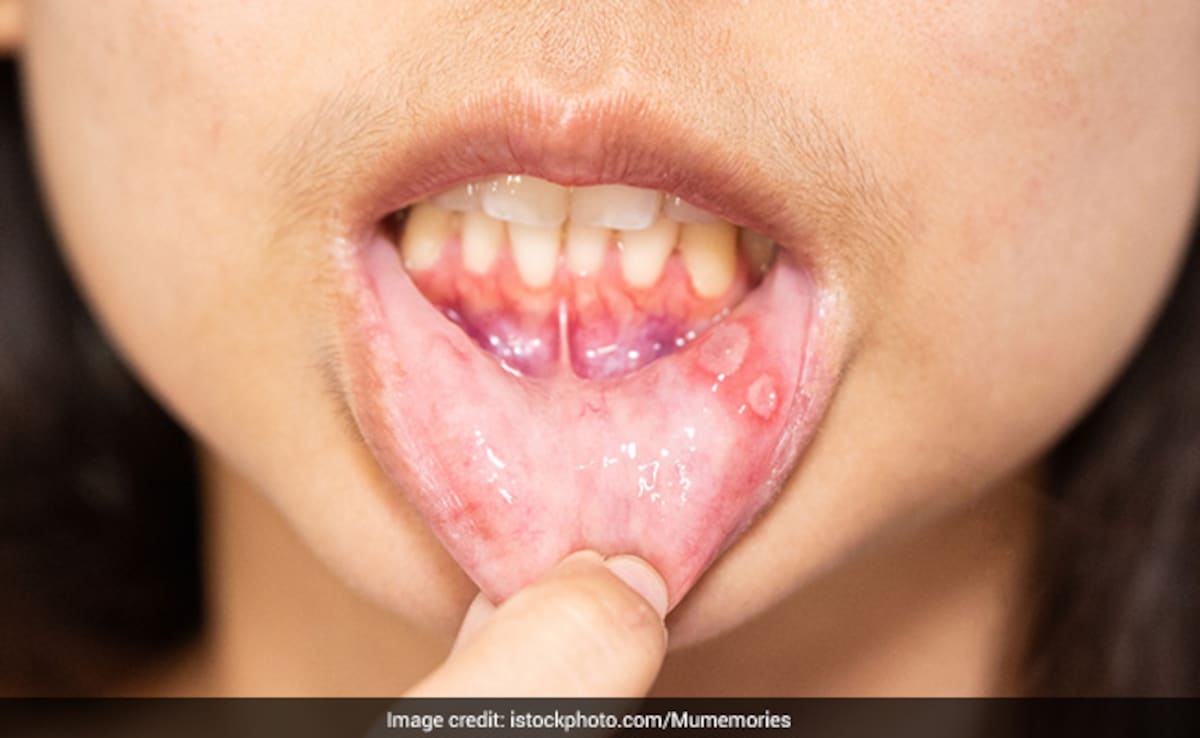
Vitamins are organic compounds that are crucial for various bodily functions and maintaining good health. They play key roles in processes such as energy production, immune function, blood clotting, and the maintenance of bones and tissues. Vitamins are essential because the body either cannot produce them in sufficient quantities or at all, making it necessary to obtain them through diet or supplements. Without adequate vitamin intake, individuals may experience a range of deficiency symptoms. Read on as we share a list of signs that might indicate you have vitamin deficiency.
Signs you're not consume enough vitamins:
1. Fatigue and low energy levels
Fatigue and persistent low energy levels can indicate a lack of essential vitamins like B12, iron, and vitamin D. These vitamins are crucial for energy production, red blood cell formation, and oxygen transport.
2. Weakness and muscle cramps
Weakness and frequent muscle cramps may suggest insufficient intake of vitamins like D, E, and magnesium. These nutrients are vital for muscle function and electrolyte balance. Their deficiency can cause impaired muscle function and spasms.

Photo Credit: iStock
3. Frequent infections & poor immunity
A diet lacking in vitamins A, C, and E can weaken the immune system, leading to frequent infections. These vitamins are essential for maintaining the integrity of the skin and mucous membranes, as well as for producing and functioning immune cells.
4. Poor wound healing
Slow wound healing can indicate a deficiency in vitamin C and zinc. Vitamin C is crucial for collagen synthesis, while zinc is vital for cell division and repair. Without sufficient amounts, the body's ability to heal wounds diminishes.

Photo Credit: iStock
5. Dry skin & hair
Dry skin and brittle hair can be a sign of insufficient intake of vitamins A, E, and omega-3 fatty acids. These nutrients are necessary for maintaining skin elasticity and hair health. A diet that includes sweet potatoes, avocados, nuts, seeds, and fatty fish can help improve skin and hair health.
6. Mouth ulcers and cracks
Recurring mouth ulcers and cracks at the corners of the mouth can indicate deficiencies in B vitamins, particularly B2 (riboflavin), B3 (niacin), B6, and B12, as well as iron and zinc. These nutrients are vital for maintaining the health of mucous membranes.

Photo Credit: iStock
7. Vision problems
Difficulty seeing at night or in low light can be a sign of vitamin A deficiency. Vitamin A is essential for maintaining healthy vision and preventing night blindness. To improve vision, include foods rich in vitamin A, such as carrots, sweet potatoes, spinach, and liver, in your diet.
8. Bone pain and weakness
Bone pain and weakness can indicate a lack of vitamin D and calcium, both essential for bone health and strength. Deficiency in these nutrients can lead to bone disorders like osteomalacia and osteoporosis.

Photo Credit: iStock
9. Numbness and tingling
Numbness and tingling in the hands and feet can result from deficiencies in vitamins B6, B12, and folate. These vitamins are crucial for nerve function and the production of red blood cells. To combat these symptoms, include foods such as eggs, poultry, fish, legumes, and leafy greens in your diet.
To address these vitamin deficiencies, it is essential to consume a balanced diet rich in fruits, vegetables, lean proteins, whole grains, and healthy fats. In some cases, supplements may be necessary, but it is always best to consult with a healthcare provider before starting any new supplement regimen.
Disclaimer: This content including advice provides generic information only. It is in no way a substitute for a qualified medical opinion. Always consult a specialist or your doctor for more information. NDTV does not claim responsibility for this information.
Track Latest News Live on NDTV.com and get news updates from India and around the world

